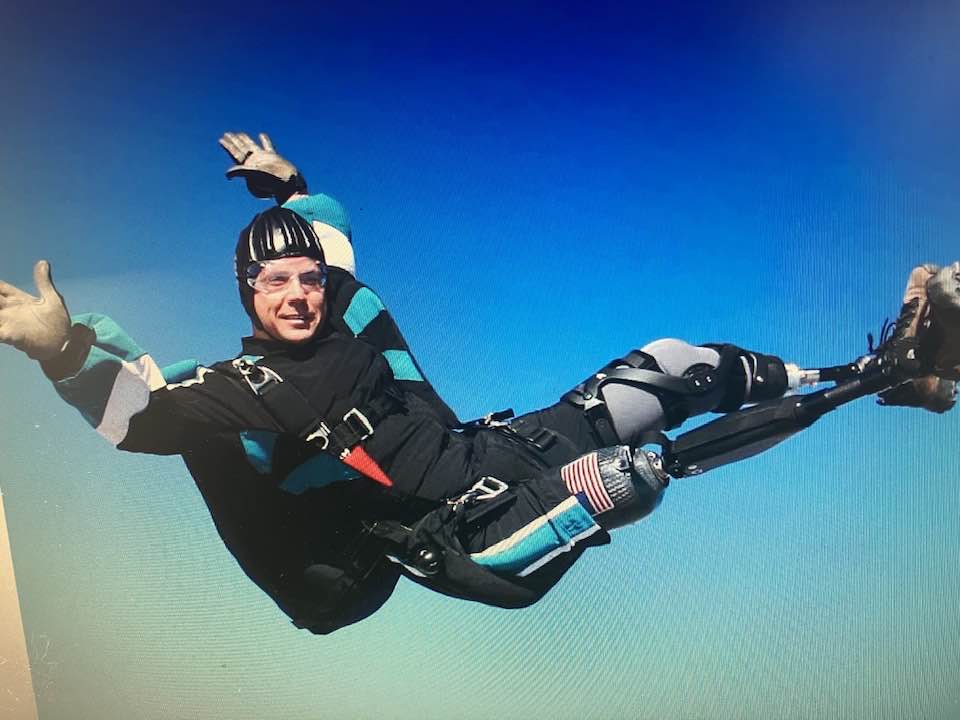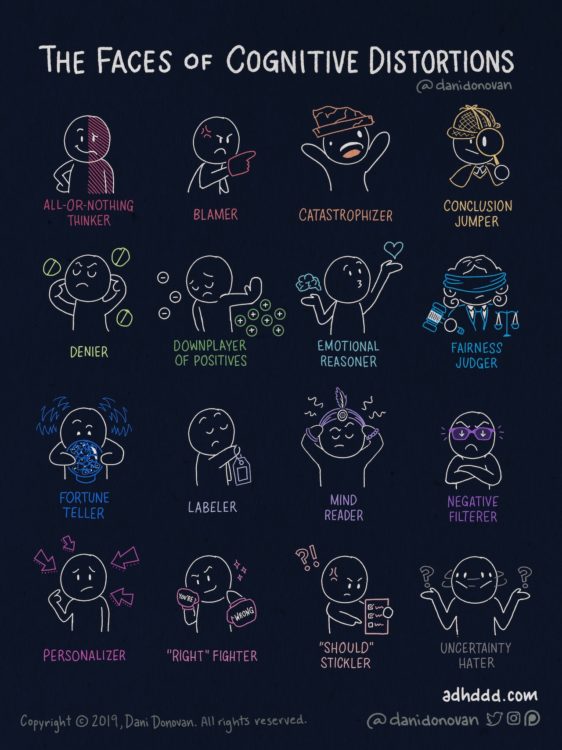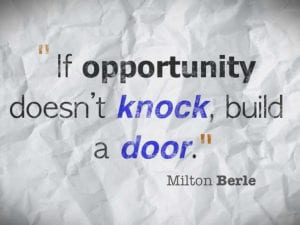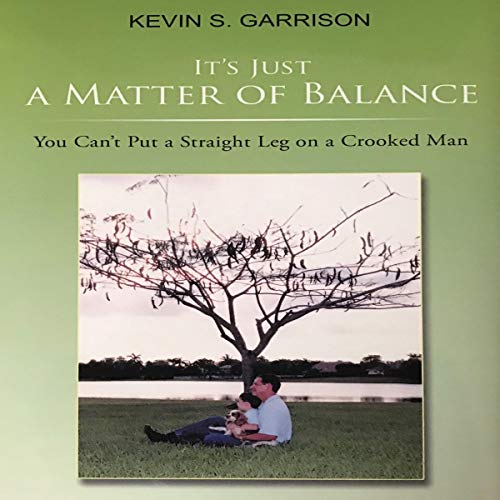
Unlocking the Secrets of Being an Amputee Spouse was a hard book to write because it grew from experiences that were intense feelings. For some time now I have felt a gentle nudge from the universe to write a book about our experience when my husband suffered a medical emergency that changed our lives forever. It has taken me nearly three years to get to a place where I can tell the details without reliving the trauma.
It’s a great story of life-saving heroics, love, finding untapped strength, overcoming obstacles, and solving medical mysteries. It is a story of strength, courage, and facing our greatest fears. But at the end of the day, it isn’t my story to tell. It is Jason’s story. It contains intimate details of the stresses he has endured and the battles he has fought. In the end, it would have become a memoir of the worst years of our lives, forever etched in ink. Unlocking the Secrets of Being an Amputee Spouse is more my standing by him and sharing his joys and pains in his recovery. That is because we aren’t what happened to us. We are forged from what has happened to us. And that is the story I want to share.
I want the world to know that when all seemed lost, we banded together and fought for our lives both figuratively and literally. Maybe, more importantly, I want to write for you the guide I wish I had had…the guide I so desperately needed. So, without further ado, I introduce you to that guide. May it be a guiding light when you find yourself surrounded by darkness!
Unlocking the Secrets of Being an Amputee Spouse is an excellent book on the very stressful subject of taking care of someone. It is rich in specific helpful ways to protect yourself from burnout, find balance in your new life, and plan for long-term care. Its author, Sabrina Whitney, has a wealth of knowledge in the field and lets you know how to achieve this difficult task in a positive practical way. It’s a must-buy for anyone facing this challenge and wanting to have a thorough understanding of what they are taking on.
Amputees make up less than one percent of the U.S. population. This means that you will encounter doctors who have no idea what amputees endure, finding winter boots that easily fit over prosthetic feet will be crazy difficult, and mobility will be a day-by-day adventure. During the amputation process and recovery period, there will be more going on than the obvious limb removal. This one surgery will impact your family emotionally, mentally, spiritually, and physically.
It will alter your relationship with each other as well as your relationships in general. Priorities change. Life changes. Unlocking the Secrets of Being an Amputee Spouse is a guide for anyone supporting a loved one as they navigate their first steps into the amputee life. It focuses on navigating medical life, dealing with doctors, advocating effectively, caring for the caregiver, preparing for emergencies, and, more importantly, it paints a picture of what really lies ahead around all those twists and turns. Available in both paperback and e-book formats, this guide is a great resource for anyone beginning their journey through the amputee life
An excellent book on the very stressful subject of taking care of someone. It is rich in specific helpful ways to protect yourself from burnout, find balance in your new life, and plan for long-term care. Its author, Sabrina Whitney, has a wealth of knowledge in the field and lets you know how to achieve this difficult task in a positive practical way. It’s a must-buy for anyone facing this challenge and wanting to have a thorough understanding of what they are taking on.




